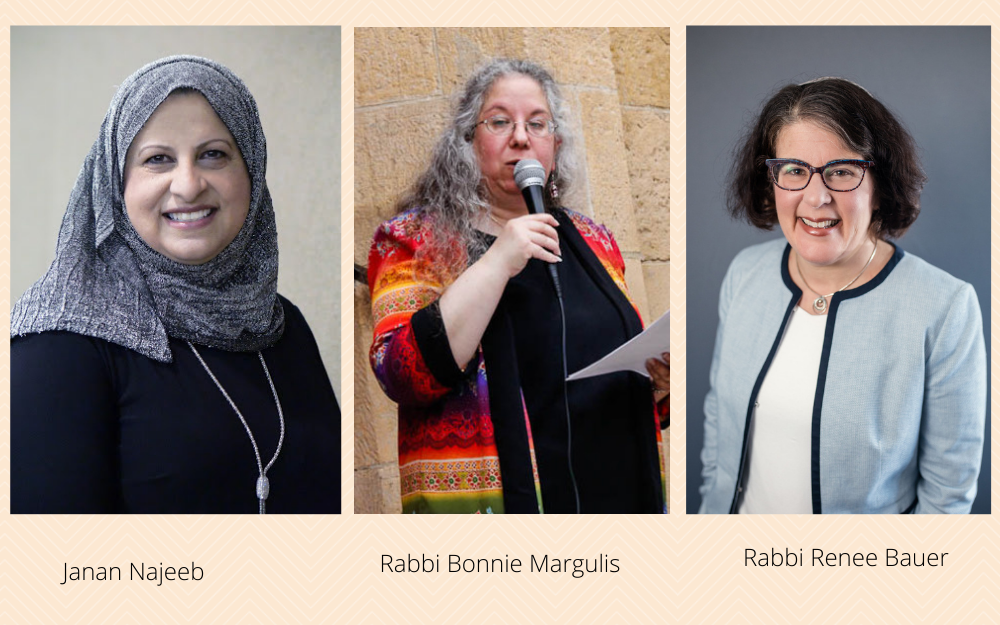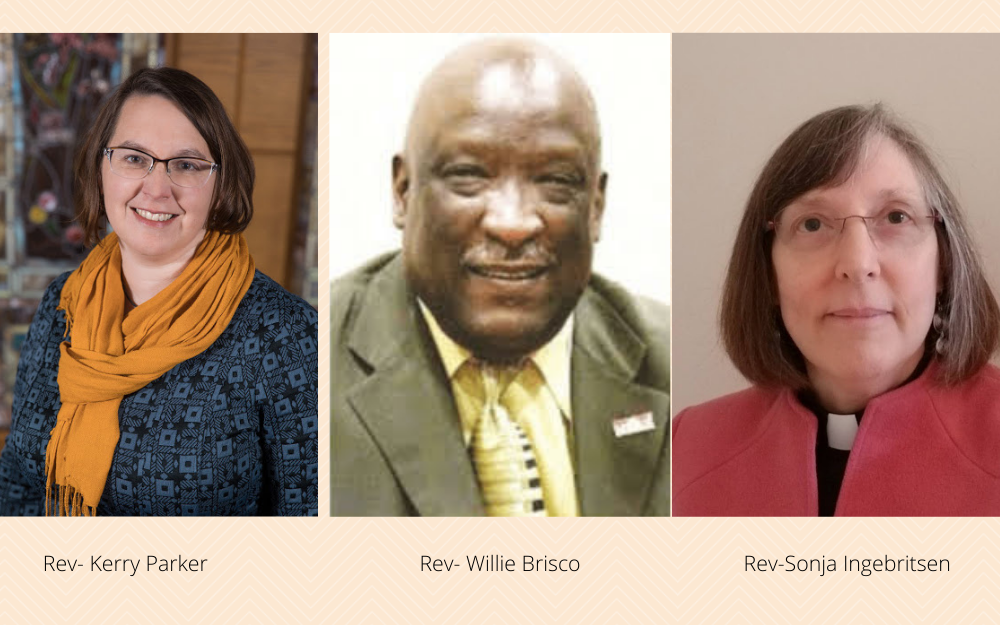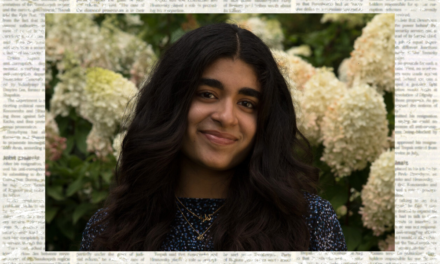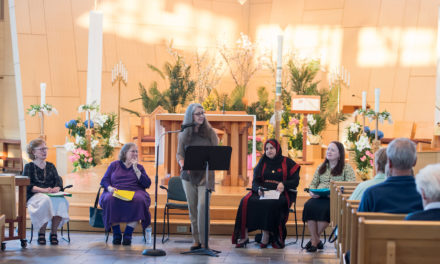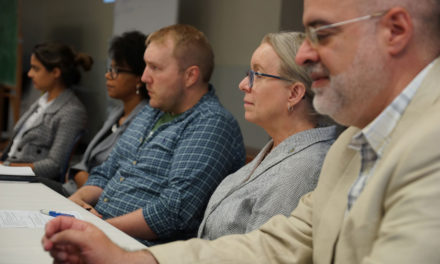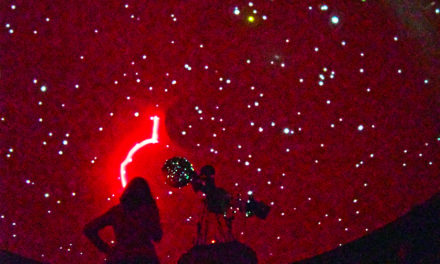More than 200 Wisconsin religious leaders from many different houses of worship, including mosques, synagogues, temples, and churches, have signed the Faith Leaders Covid Safety Pledge, committing to do all in their power “to keep our congregations and communities healthy and safe in the midst of this pandemic.” The pledge asserts that, though the faith leaders are of “varying practices and theologies, all our traditions hold life as sacred and believe the imperative to protect and preserve life outweighs all other considerations.”
On Thursday, October 15, the organizers held a press conference with Madison and Milwaukee faith leaders to announce their continuing commitment to limiting public gatherings, despite the importance of such gatherings to religious practice. Governor Evers and the Wisconsin Department of Health’s October 6 directive stated that all public gatherings be limited to “no more than 25 percent of a room or building’s total occupancy.” However, houses of worship were exempted from the order.
The faith leaders went further than the governor’s directive by pledging to “steward the health of all by prioritizing remote worship and other activities until this crisis has passed.”
Last Thursday, on the same day as the faith leaders’ press conference, Sawyer County Judge John Yackel issued a temporary restraining order blocking enforcement of the governor’s statewide order, after the Tavern League of Wisconsin filed suit. A hearing was held on Monday, October 19th to decide the issue.
Evers had issued the October 6 order because Wisconsin is a now a covid hot spot, seeing a daily increase in coronavirus cases. Nearly 1,600 people in Wisconsin have died from covid-19.
Rabbi Bonnie Margulis, executive director of Wisconsin Faith Voices for Justice and one of the organizers of the pledge and press conference, said faith leaders had been meeting regularly by phone with Lt. Gov. Mandela Barnes since March, when the rapid rise in covid cases resulted in a statewide lockdown. Rabbi Margulis said the group had been “sharing our deep concerns as faith leaders about the alarming rise of covid cases” in the State.
Most congregations, said Rabbi Margulis, were already meeting virtually or in small groups. But given the continuing rise in cases, the faith leaders decided further action was necessary and created the pledge, which can be found online at Faith Leaders Covid Safety Pledge.
Rabbi Margulis said that more than 220 leaders of faith groups have already signed the pledge, “Jewish, Christian, Muslim, Buddhist, Pagan – everybody.”
At last Thursday’s press conference, Janan Najeeb, president of Milwaukee Muslim Women’s Coalition and director of the Islamic Resource Center, and Dr. Mushir Hassan, vice president of Medical Affairs at Ascension Elmbrook Memorial Hospital, were among the speakers.
“It’s sad that we have to be here today to affirm the sanctity of life,” said Mrs. Najeeb. “I really doubt that there is a faith on earth that does not place the sanctity of life above all other concerns.”
Mrs. Najeeb said that “this pandemic has touched every country on Earth, whether rich or poor, and every corner in every city,” and that this “should be cause for us to come together and unite in our common humanity.”
She commented on the eagerness of some to return to “normal life” by saying, “We can always make up for missed social events and gatherings. Businesses and livelihoods can be rebuilt. . . Even a school year can be repeated. But you can never replace your child or your parent. Nor can you replace someone else’s child or their parent.”
After affirming that “social distancing, wearing masks, and staying home unless it’s necessary to leave is not a matter of personal choice, it’s an ethical duty,” Mrs. Najeeb said, “As people of faith, we know our personal desires take second place to the welfare of humanity. We know that entitlement and arrogance are not attributes of the faithful. The vulnerable have an ethical claim on all of us to promote their well-being. We trust in God, yes. But God demands reason and common sense.”
Finally, Mrs. Najeeb announced, “The Muslim community joins the pledge to do everything in our power to keep ourselves, our families, neighbors, our fellow citizens, and even those we do not know, safe. This is a shared fight, and we will emerge as a more resilient society.”
Dr. Hassan, as the only medical expert at the press conference, emphasized the practical, scientifically validated steps to combating the pandemic on the part of individual citizens. “We know the pathway forward to stay safe,” he said. “The pathway forward is to be careful about masking, careful about social distancing, careful about handwashing and really limiting our indoor contacts when at all possible.”
Dr. Hassan was instrumental in helping Wisconsin mosques “frame . . . our re-opening policy,” prioritizing “the safety of our communities . . . while still being sensitive to the data that we have about how disease spread is doing in our state.”
All of the faith leaders present emphasized the importance of community in forming their decisions.
Rev. Sonja Ingebritsen, a pastor at Community of Hope, UCC in Madison, emphasized that “religious liberty is not threatened by health mandates” that seek to limit indoor gatherings and promote the wearing of masks and socially distancing.
“In fact,” she said, “many of our faith communities have found this to be a time of deepening spiritually.”
However, Rev. Ingebritsen said, “I won’t pretend these measures have been easy. But we understand that they are necessary. We faith leaders are here this morning because our calling is to care for our neighbor.”
While some people continue to say they are untouched by the pandemic, Rev. Willie Brisco, president of WISDOM, said, “I have suffered personally because of this pandemic. I have watched an aunt die over the phone. I have seen ten personal friends perish where I couldn’t attend their funerals. . . I couldn’t be near their side. I couldn’t even be near their families.”
In Wisconsin, Rev. Briscoe said, “We’re choosing party over praise, finances over life . . . going against our moral fabric as human beings. We have become a society by taking care of the least of those in our care. But somehow, they have become disposable.”
However, Rev. Brisco said, “There is no constitutional right for you to die and me to live. The national plan is for everybody to decide for themselves what’s best for them. Well, that’s not the way God planned it.”
Rev. Kerri Parker, executive director of the Wisconsin Council of Churches, a network she said connects 2,000 churches from 20 different Christian traditions, is another organizer of the Faith Leaders Covid Safety Pledge. “Clergy began to go digital in mid-March to protect their congregants,” she said. “Pastors, priests, rabbis, and imams want to do right by their communities, to keep people safe, to serve well. We’re faithful people, seeking the counsel of science as well as our higher power.”

